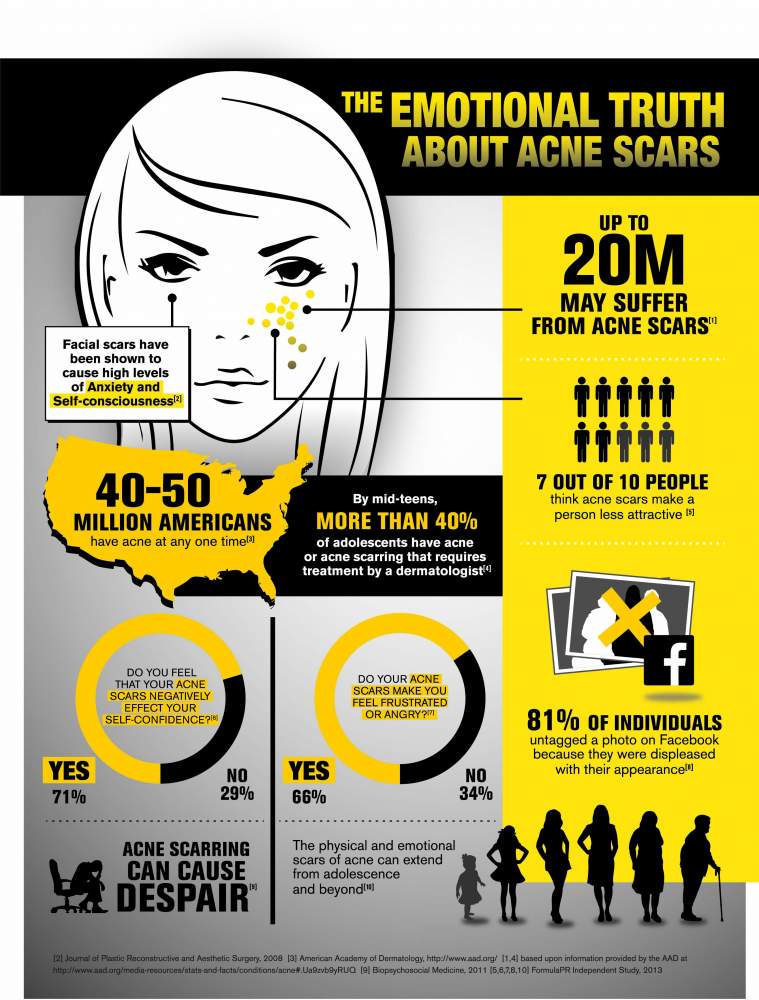Amidst The Myths About Acne, Uncover The Shocking Facts That Might Change Your Skin Care Routine Permanently. What Actually Creates Your Breakouts?
Amidst The Myths About Acne, Uncover The Shocking Facts That Might Change Your Skin Care Routine Permanently. What Actually Creates Your Breakouts?
Blog Article
Write-Up By-Haney Hawkins
You may believe that indulging in chocolate or greasy foods is the root cause of your acne, but that's just among numerous misconceptions swirling around this typical skin problem. Actually, acne primarily stems from blocked hair roots, not your last dessert. Misunderstandings like these can lead you to adopt ineffective skincare practices that might also worsen your scenario. As you navigate the facts behind acne, you'll discover insights that might change your method to skincare and aid you accomplish clearer skin. So, what truly lies beneath the surface area?
Common Myths About Acne
When it pertains to acne, many individuals count on usual myths that can cause confusion and aggravation. One widespread misconception is that eating delicious chocolate or greasy foods creates acne. While diet regimen can influence skin wellness, the direct link between particular foods and acne isn't as well-defined as numerous think.
One more typical mistaken belief is that you need to scrub your face strongly to clear outbreaks. Actually, hostile rubbing can irritate your skin and aggravate acne.
You could likewise think that acne only influences teens, but grownups can experience it too, usually as a result of hormone changes or anxiety. Some individuals think that tanning can improve acne, yet sun exposure can in fact result in skin damages and aggravate outbreaks in the future.
Last but not least, many believe that utilizing harsh products will get rid of acne rapidly. Nevertheless, these products can strip your skin of its natural oils, leading to boosted irritation and even more breakouts.
Scientific Details Behind Acne
Understanding the clinical facts behind acne can empower you to tackle this common skin disease more effectively.
Acne occurs when hair follicles become blocked with oil, dead skin cells, and germs. This process typically starts with an overflow of sebum, the oil your skin normally produces. Hormone changes, specifically throughout the age of puberty or menstruation, can activate this excess oil.
Germs known as Propionibacterium acnes flourish in these clogged pores, leading to inflammation. When your body immune system reacts, it can trigger redness and swelling, resulting in those troublesome pimples or cysts.
Genetics likewise play a role; if your moms and dads had acne, you might be a lot more prone to it.
Diet and stress levels can influence acne also, however research study is still advancing in these locations. While indulging in oily foods won't directly cause breakouts, a well balanced diet regimen can support your skin health.
Likewise, managing stress and anxiety can decrease hormone fluctuations that may aggravate acne.
Tips for Handling Acne
Managing acne efficiently calls for a combination of everyday skincare routines and way of life modifications. Beginning by establishing a consistent skincare routine. Clean spot treatment for acne with a gentle, non-comedogenic cleanser to remove dirt and excess oil. Stay clear of scrubbing also hard, as this can irritate your skin and worsen acne.
Next, integrate items including salicylic acid or benzoyl peroxide to aid stop breakouts. Constantly follow up with a light-weight, oil-free moisturizer to maintain your skin hydrated. Don't forget sun block; choose non-comedogenic alternatives to protect your skin from UV damages without obstructing pores.
Beyond skincare, pay attention to your diet plan. Limit sweet and greasy foods, and focus on fruits, veggies, and entire grains. Staying hydrated is crucial, so drink a lot of water throughout the day.
Additionally, manage just click the next web page through activities like yoga exercise, meditation, or exercise, as tension can activate breakouts.
Finally, prevent choosing or popping acnes. This can cause scarring and additional swelling. If your acne persists, speak with a dermatologist for personalized therapy alternatives.
Verdict
To conclude, it's important to separate truth from fiction when it concerns acne. By disproving typical myths, you can much better comprehend your skin and make educated options for your skin care regimen. So, why remain to count on obsolete concepts when the truth can encourage you? Welcome healthier habits, focus on mild cleaning, and keep in mind that handling acne is a trip. With the right understanding, you're one step closer to clearer, healthier skin.
